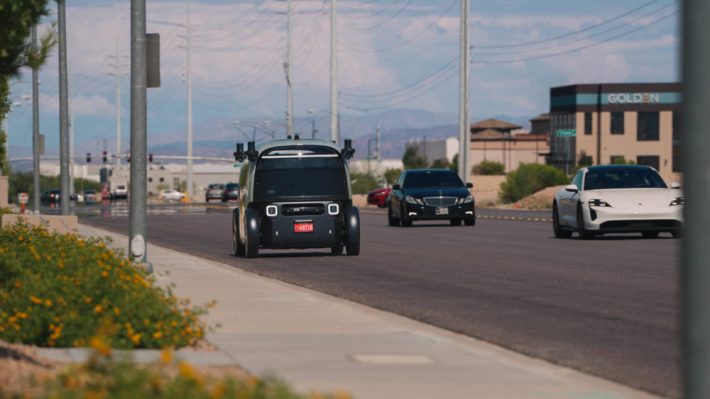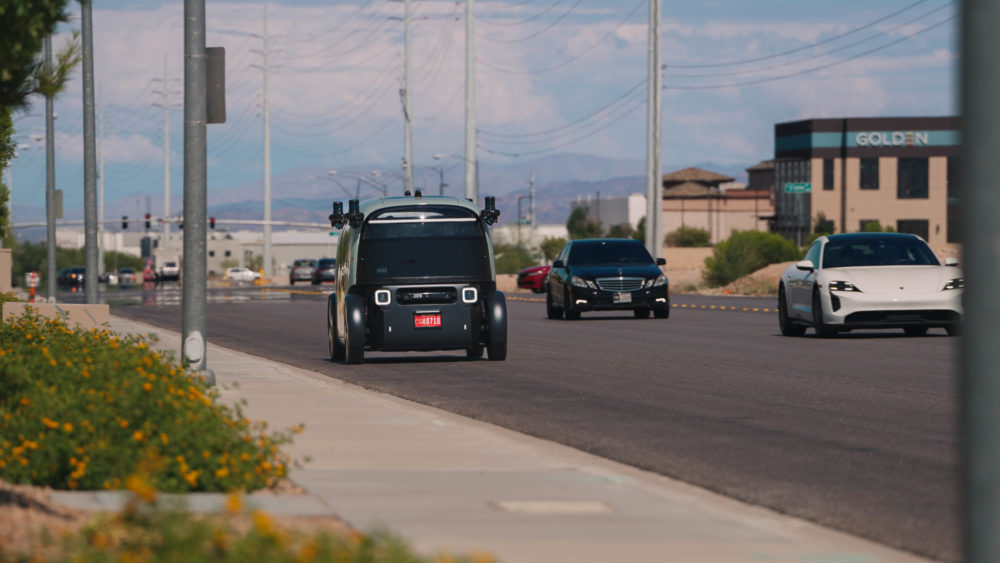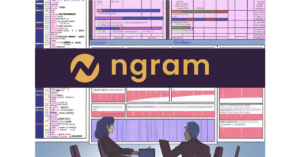
Amazon subsidiary Zoox has commenced testing its purpose-built, electric, autonomous robotaxis on public streets in Las Vegas. This is the first time that an autonomous vehicle without pedals or a steering wheel has operated on public roads in Nevada.
Zoox is starting with a small one-mile loop around its Las Vegas facilities, with plans to expand in the future. The initial route will test the robotaxi’s ability to navigate unprotected turns, multi-way stops, and roads with cyclists, pedestrians, and other vehicles.
The robotaxis can transport four people at speeds up to 35 miles per hour and will be available to Zoox employees during work hours.
The exact number of vehicles and operating hours for the initial robotaxi service were not specified by Zoox, but the company did mention that there will be “multiple” Zoox vehicles testing.
Zoox has been driving on public roads in Vegas since June 16, 2023, and expanded operations to the city in 2019 to test and refine its technology. The company used a test fleet of Toyota Highlanders to map the area and gather data, while driving autonomously with safety drivers on board.
In 2020, Zoox opened an office and depot in Vegas to support its test fleet. The company is now expanding those operations and adding warehouse and office space for its vehicles and growing team in the region.
Zoox’s workforce has grown from 1,900 to 2,200 employees since the beginning of the year, with the majority of new hires in Las Vegas focused on fleet maintenance and charging.
Prior to the Vegas launch, Zoox deployed its robotaxis on public roads in Foster City, California, and has a driverless testing permit from the California Department of Motor Vehicles. However, the vehicles have not been opened to the public in either location.
Nevada has more relaxed regulations for autonomous vehicles compared to California, which allows Zoox to operate its robotaxis autonomously without a rigorous permitting process.
Zoox received authorization from Nevada’s DMV to operate its robotaxi autonomously, as per Nevada law, AV companies need to self-certify that vehicles meet the Nevada “minimal risk condition.”




